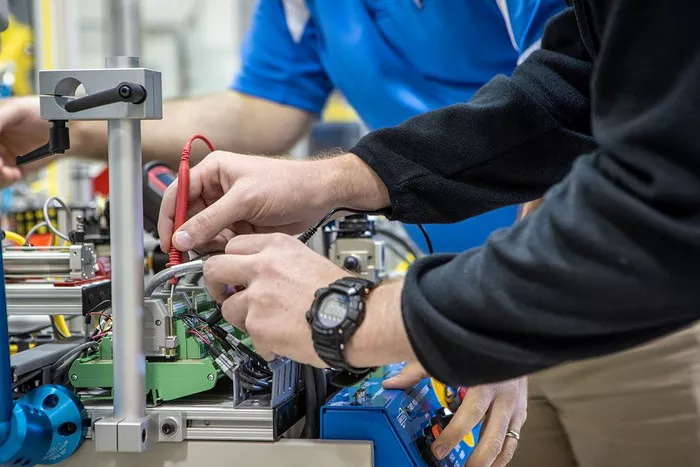British-based manufacturer JCB has received full European Union type-approval for its hydrogen-powered combustion engine, marking a major milestone in the transition to zero-emission technologies for non-road mobile machinery.
The approval, granted under Regulation (EU) 2016/1628, certifies that JCB’s hydrogen engine complies with the stringent EU Stage V emissions standards. The move clears the way for commercial use of the engine across EU markets.
Earlier this year, JCB began real-world testing of the hydrogen engine across a variety of its equipment, including the popular Loadall telescopic handler range. This achievement comes after four years of development by a dedicated team of 150 engineers and a £100 million (USD 114.1 million) investment.
JCB says it is the first company to successfully develop and operate a fully functional internal combustion engine powered solely by hydrogen. The engine has already been approved for commercial use in nine mainland European countries under ‘new technology’ provisions, and EU-wide certification further cements its viability.
“This is a very significant moment for JCB’s hydrogen programme,” said JCB Chairman Anthony Bamford, who has spearheaded the initiative. “Not long ago, many believed it was ‘game over’ for the internal combustion engine in Europe. This approval proves that combustion engines can have a sustainable future—if powered by zero-carbon fuels like hydrogen.”
He added, “I’m immensely proud of the JCB team whose hard work has brought us to this point. Our next focus is on delivering this hydrogen technology to the market.”
JCB currently has more than 130 hydrogen engines undergoing evaluation in partnership with clients, signaling growing interest and confidence in the alternative fuel solution.

